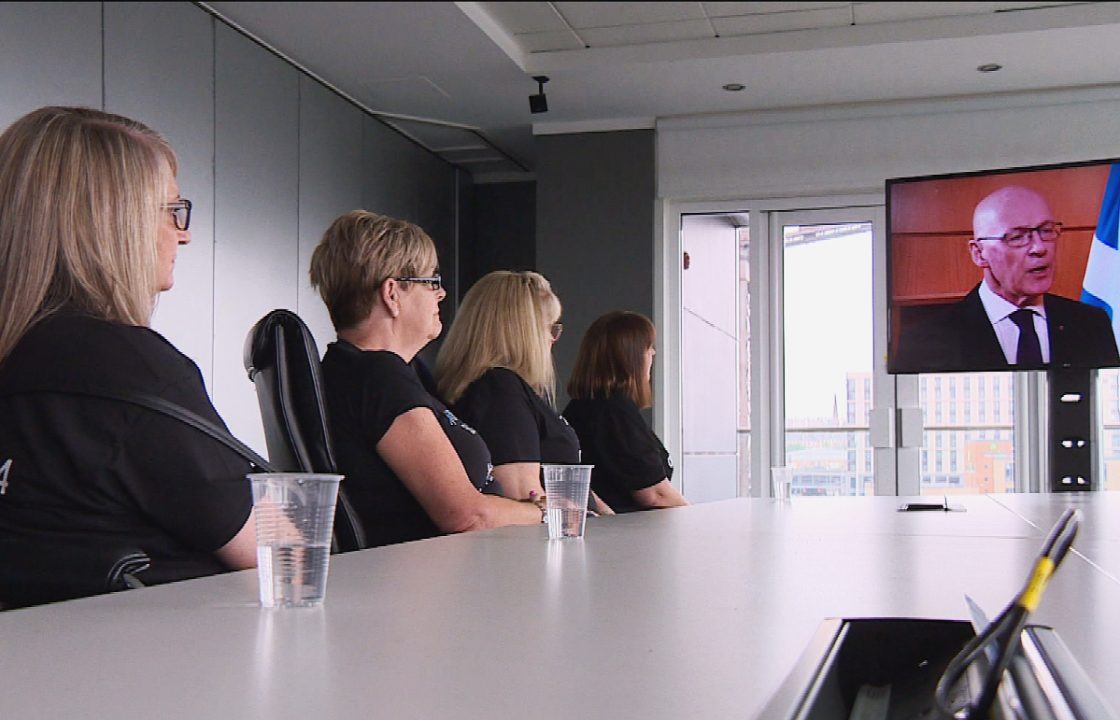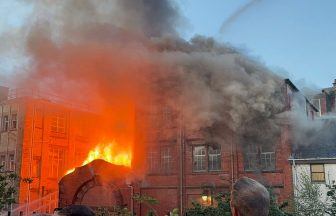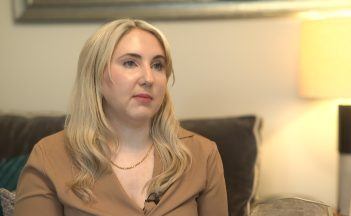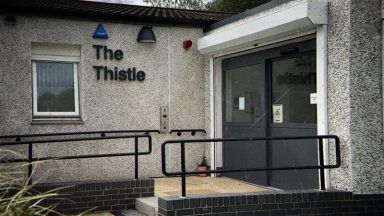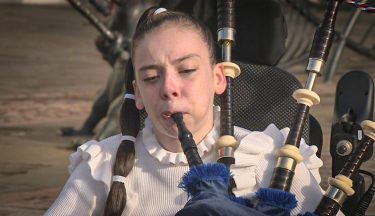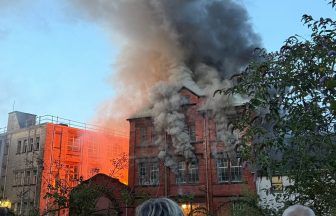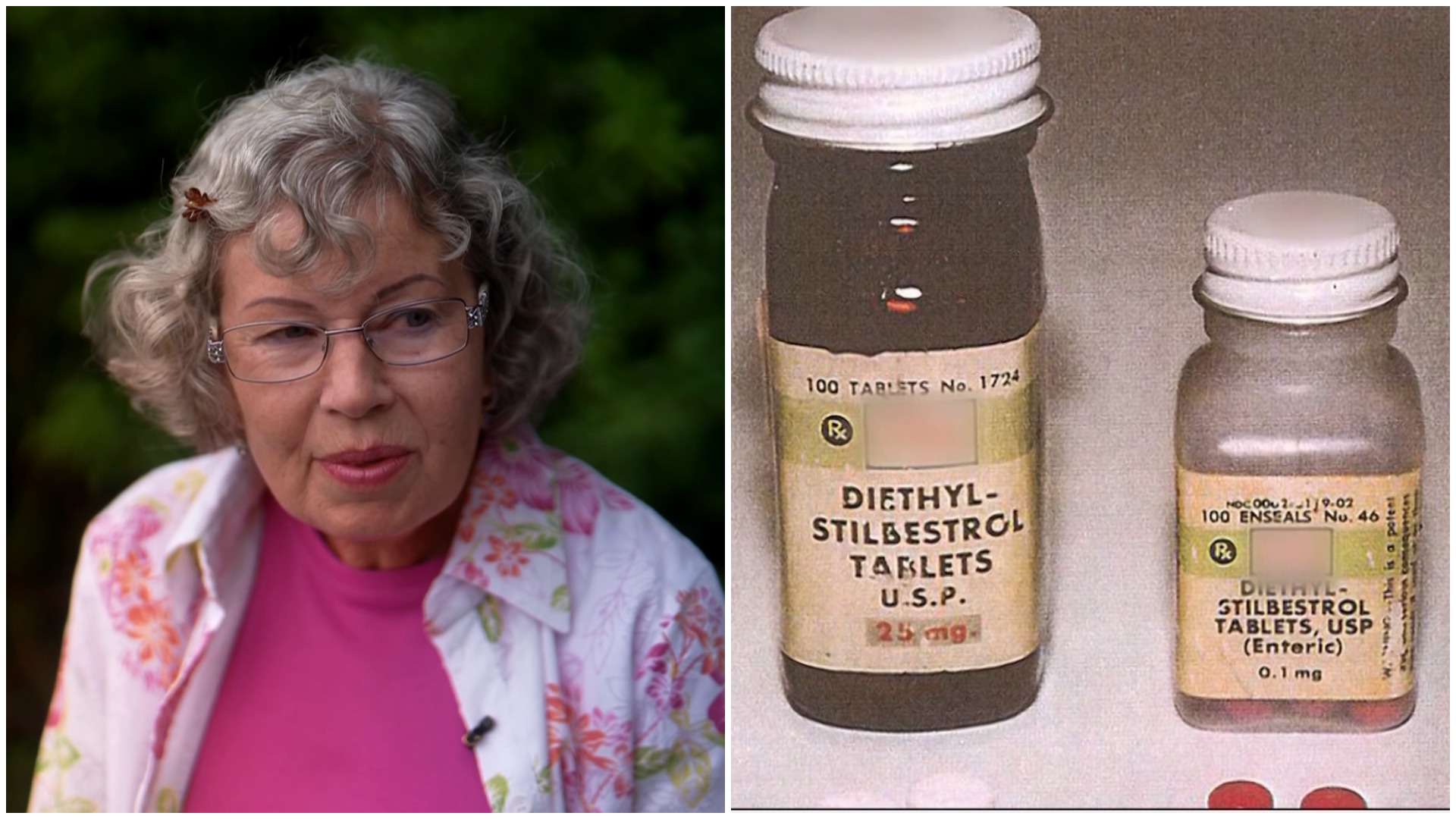Survivors of abuse perpetrated at a residential school have urged John Swinney to “do the right thing” and reconsider their eligibility for the Scottish Government’s redress scheme.
Thousands of girls from disadvantaged backgrounds were sent to Fornethy House in Kilry, Angus, for “short-term respite care” by Glasgow Corporation – later renamed Glasgow City Council – and its education services between 1960 and the 1990s.
The stays often lasted several weeks before the children were returned to their parents.
In the years following the schools closure, hundreds of survivors began speaking out about the physical and sexual abuse they had endured.
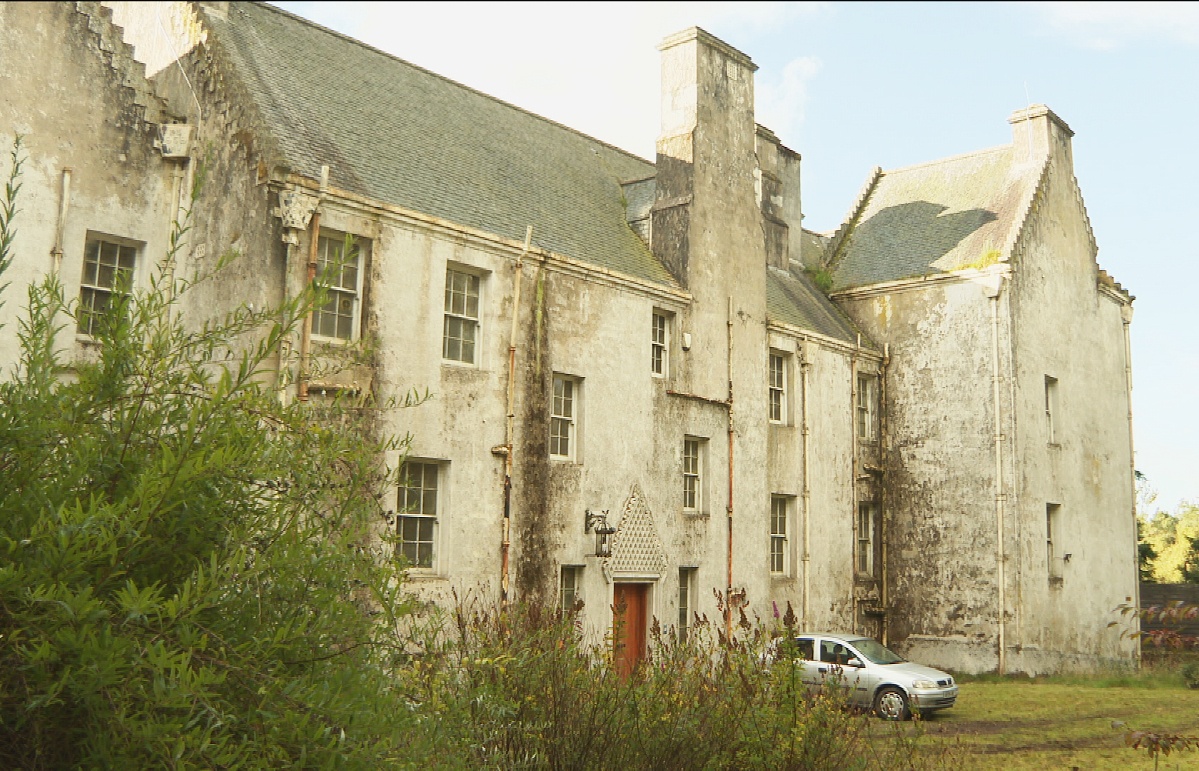 STV News
STV NewsA group of survivors filed a petition with the Scottish Parliament in 2022 calling for them to be included in the redress scheme – set up by Swinney – which offers up to £100,000 in compensation for those abused in residential care before 2004.
However, Shona Robison told the group during an appearance before the Parliament’s Citizen Participation and Public Petitions Committee earlier this year that as records had been destroyed and they were not in long-term residential care, survivors were unlikely to meet the evidentiary requirements for compensation.
Their petition is still being considered in the Scottish Parliament, with the group hoping the First Minister will step in.
Questioned by STV News, the new First Minister said the cases of the Fornethy women would have to be looked at “individually” and that consideration on their eligibility is “under way”.

He said: “There’s obviously detailed work that’s got to go into looking at the circumstances of individual cases that are affected by historic abuse.
“What we have in Scotland is a very effective redress scheme, I legislated for it, it got cross-party support in the Scottish Parliament and people are benefiting now from that scheme because of the impact it has on their lives.
“There are particular circumstances that have to be looked at in individual cases and that’s what the redress scheme is designed to do – to look at individual cases and determine whether there is eligibility to be paid under that scheme.
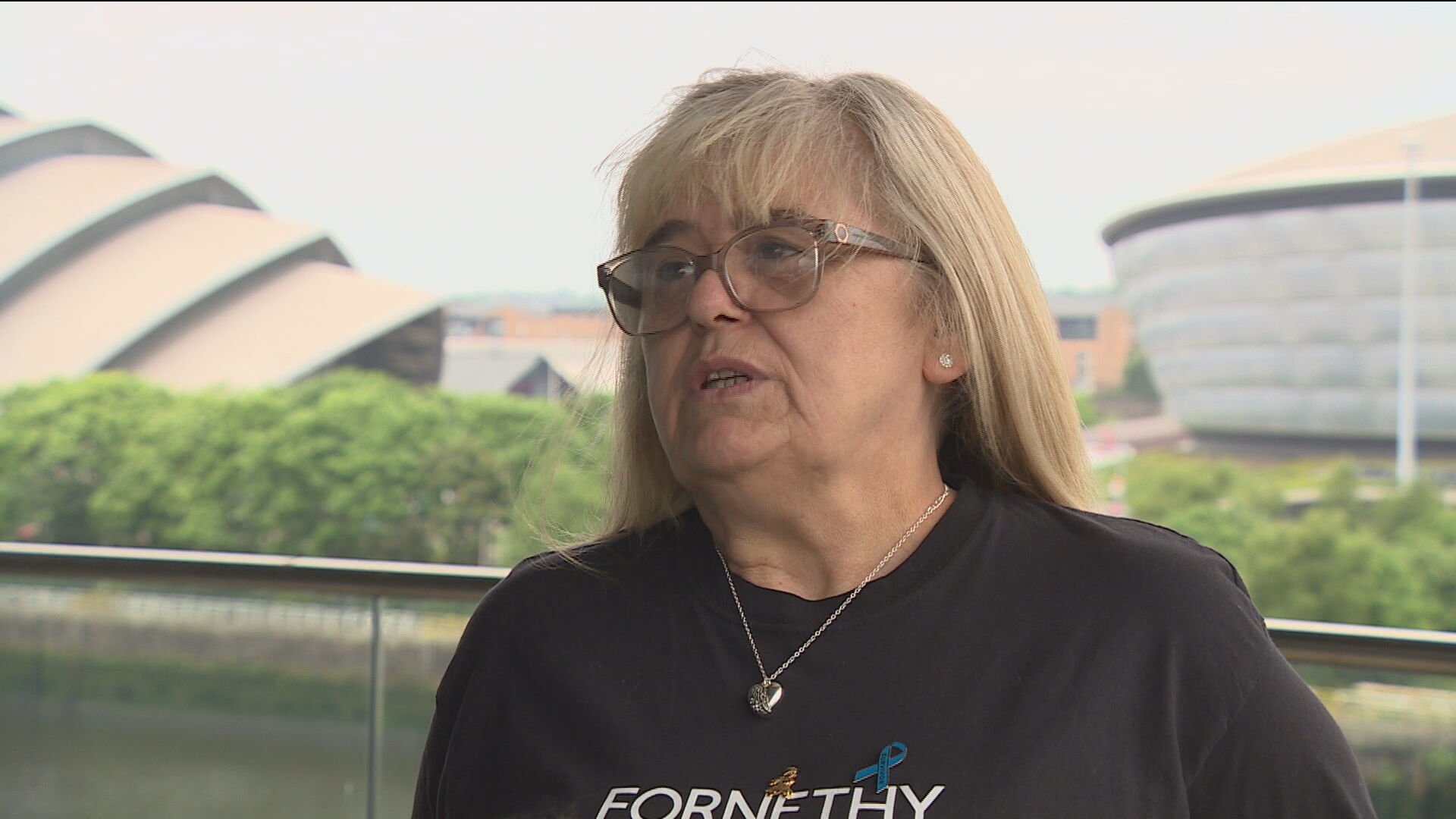 STV News
STV News“Parliament legislated for the scheme that we have in place right now and it’s designed to address a particular set of circumstances that are children and young people who were in the care of the state, that’s where the state took over the responsibility from parents on a permanent basis.”
Swinney said that the issues with Fornethy survivors eligibility will have to be “examined”.
“Those discussions and that consideration is underway to determine on what eligibility there should be given under the scheme that parliament has put in place. All of those questions will be explored as part of the process of proper consideration of the issues that are raised by the women.
“We’ll engage with the petitions committee. It has put its points to the government and they will be considered.
“We’ll look at all of that evidence to determine whether there is any opportunity to pursue the issues raised by the individuals concerned.”
Marion Reid, who stayed at the school in the 1960s, said she was “shocked and disgusted” by the First Minister’s comments.
“I’m actually shocked and a bit disgusted and a bit downhearted. I thought when they made issue, he said what he was going to do previously”, she told STV News.
“And I thought now he’s First Minister he may well do something different and I don’t believe he’s going to do anything different.”
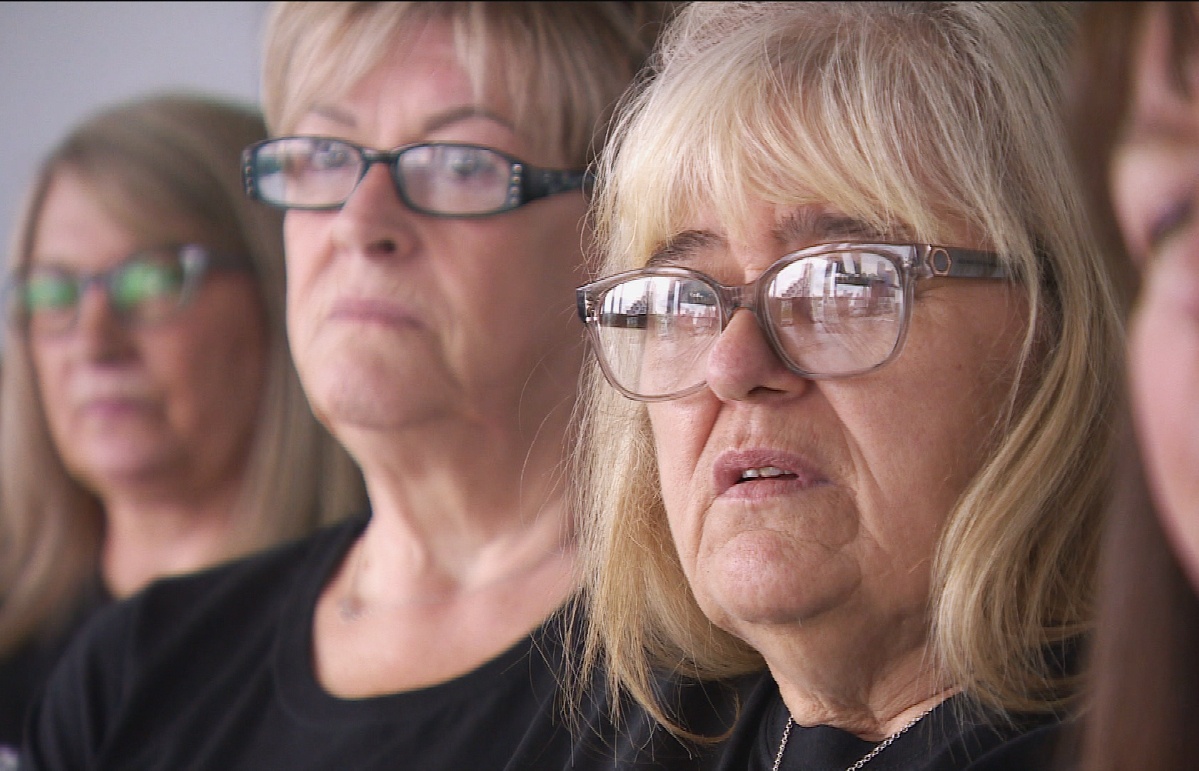 STV News
STV NewsLynne Sheerin, co-founder of the survivors group, called on Swinney to “do his job”.
“How long do we need to be abused for before we’re allowed to fit into that? So I just want him to do his job right. Mr Swinney – do the right thing.”
Commenting on the women’s campaign, Professor Diane McAdie of Edinburgh Napier University, said: “The major misconception that goes around a lot is that it is a holiday camp, or that it was a respite care, it was a convalescent home, but it was none of those.
“It was a residential school. The only difference between these women and people who were in long term care as children is that they were there for four to six weeks at a time and it shouldn’t matter if they were abused for one hour or for ten years, they should still be eligible for redress.”
Follow STV News on WhatsApp
Scan the QR code on your mobile device for all the latest news from around the country


